The recommended daily dose contains:
- Pumpkin seed 540,000 mg
- Phytosterols from soy 120,000 mg
- Sago palm fruit extract 80,000 mg
- Tomato extract (lycopene) 10,000 mg
Pumpkin seed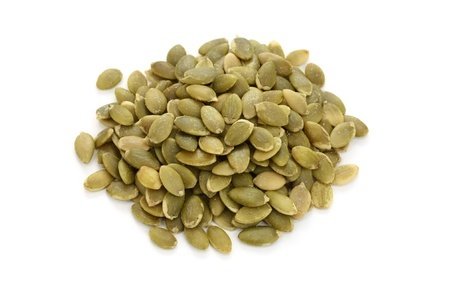
Pumpkin seeds contain beneficial phytosterols, which are powerful natural substances. These are hormone-like substances that are an easy way to keep your prostate healthy.
|
Phytosterols from soy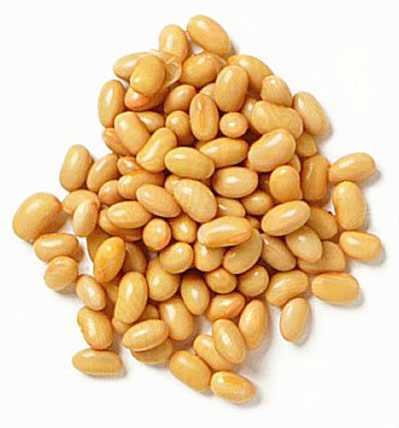
Phytosterols are hormone-like substances, also known as stanols, and are vegetable fats that play a very important role in the basic processes taking place in the human body. Soy phytosterols help lower LDL cholesterol, have a diuretic effect and help keep the prostate in good condition. They also help regulate blood pressure and support heart function.
|
Sago palm fruit extract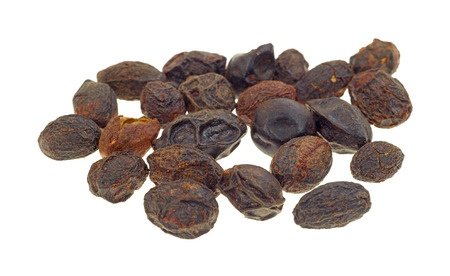
The fruits of the dwarf palm (Serenoa Repens) have been used for centuries to treat impotence in men. They normalize testicular function, suppress hyperplasia of the prostate gland, enhance spermatogenesis and prevent the development of impotence. With its proven effect to improve male reproductive health, the herb is used by health professionals to treat male genital stystem - it has a general tonic, diuretic and anti-inflammatory and is a remedy in the treatment of bladder and prostate gland diseases. The fruits of the sago palm protect against benign enlargement of the prostate gland, relieve the symptoms of inflammation in the process of prostatic hyperplasia that has already begun, and slow down the development of the disease. They combine well with preparations containing zinc and selenium.
|
Tomato extract (lycopene)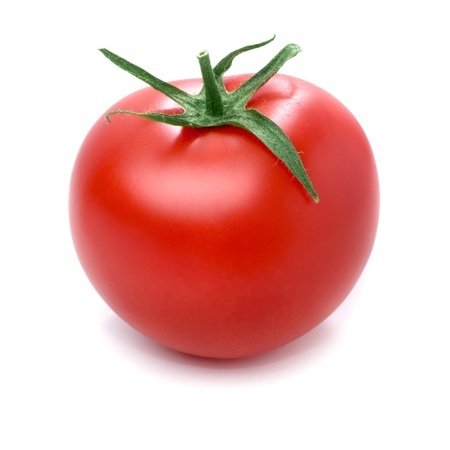
Lycopene is the red pigment found in tomatoes, grapefruit, apricots, melons, etc., with potential cancer-preventing properties. Lycopene belongs to the group of carotenoids. It is necessary for the normal growth and development of cells, as well as for their specialization to perform various functions in the body. The greatest preventive potential against tumors is its antioxidant activity – the ability to neutralize free radicals /enhanced by vitamin E/.
A number of studies prove that taking lycopene reduces the risk of tumors of the prostate, uterus, mammary gland, lung and digestive tract. Lycopene has almost twice the antioxidant potential of beta-carotene. Intake of lycopene reduces the risk of heart disease and activates the immune system. Preventive intake of lycopene can significantly contribute to reducing the risk of prostate cancer.
|

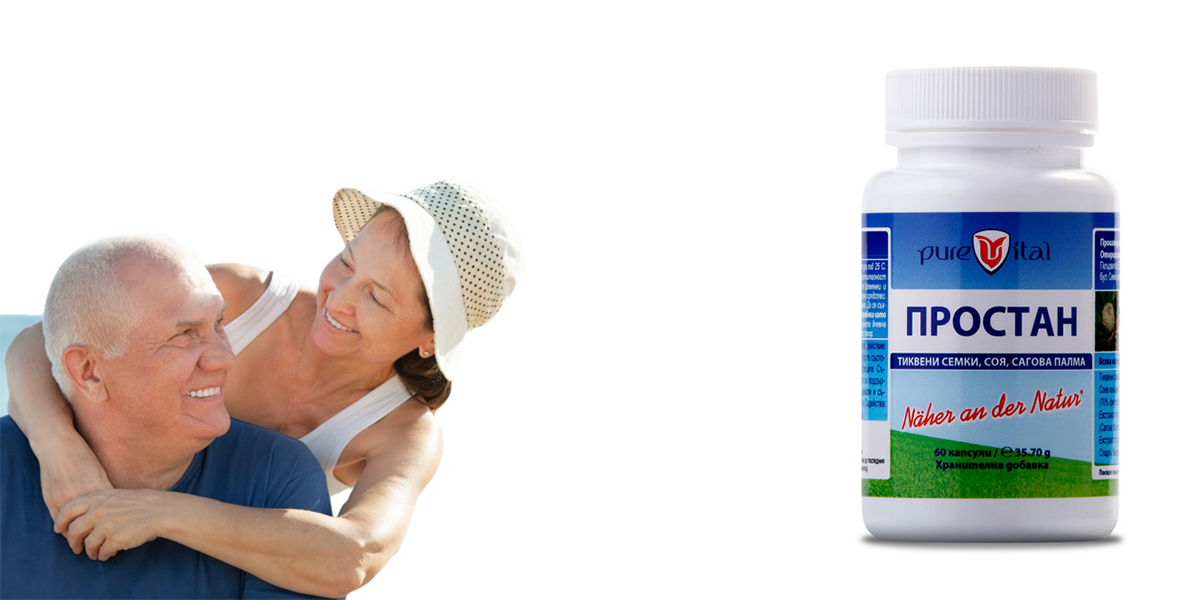
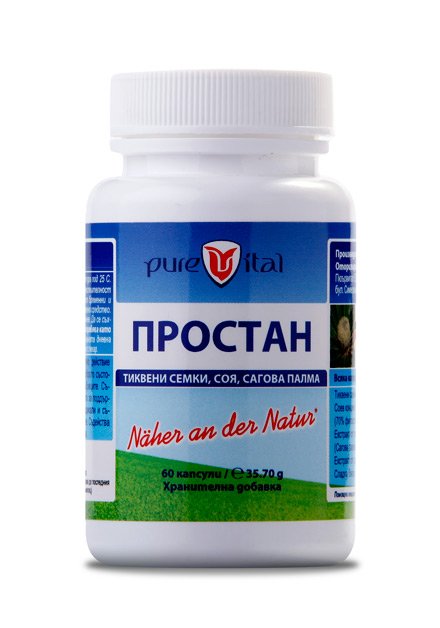

There are no reviews yet.